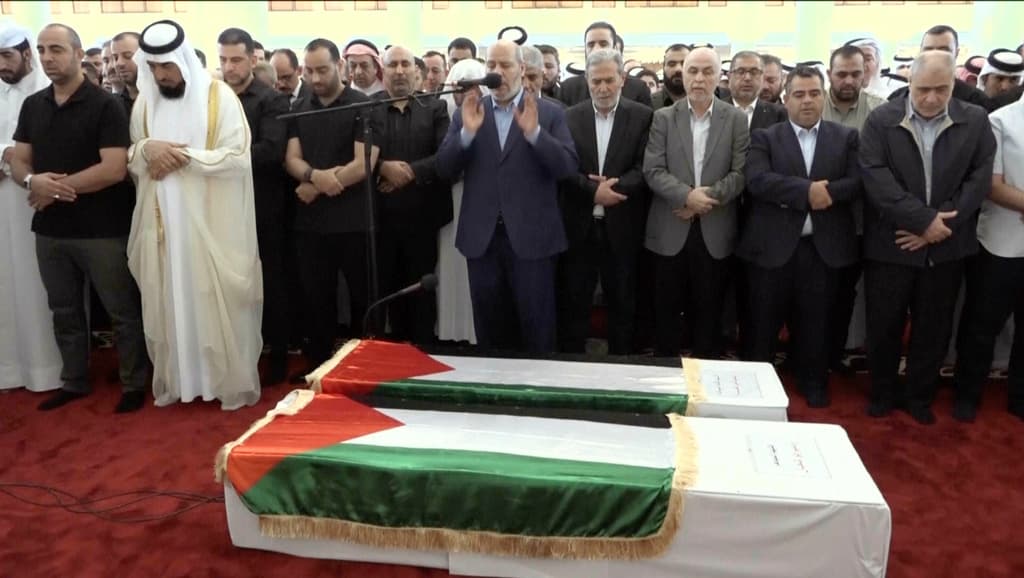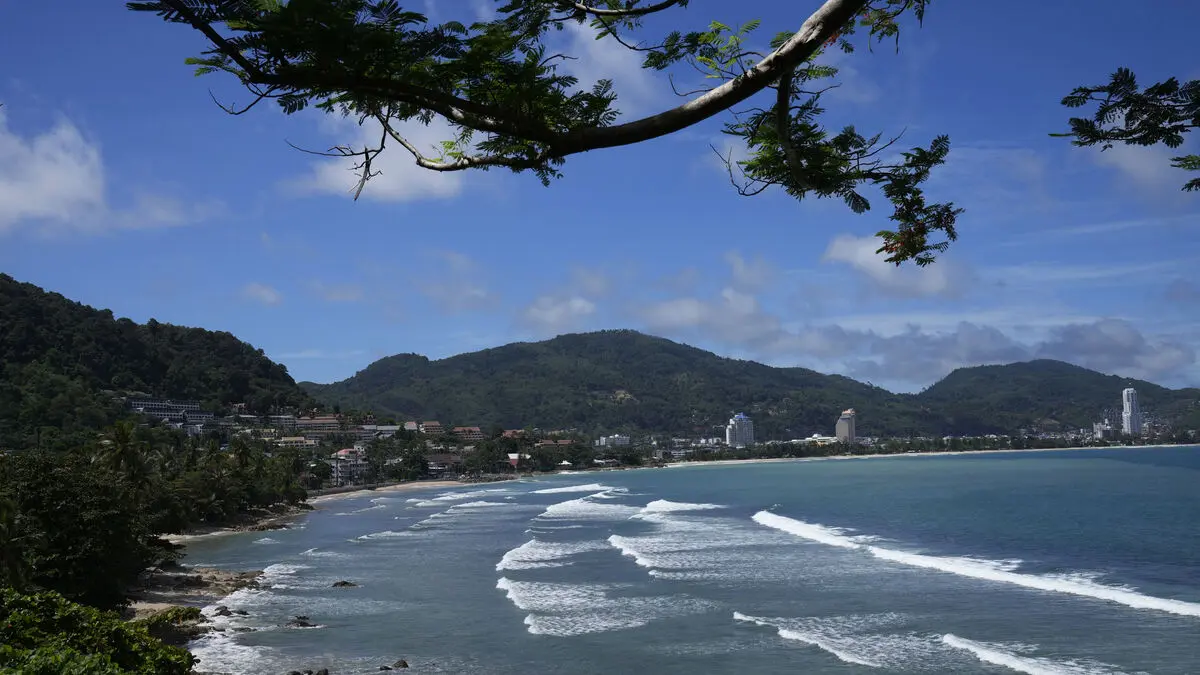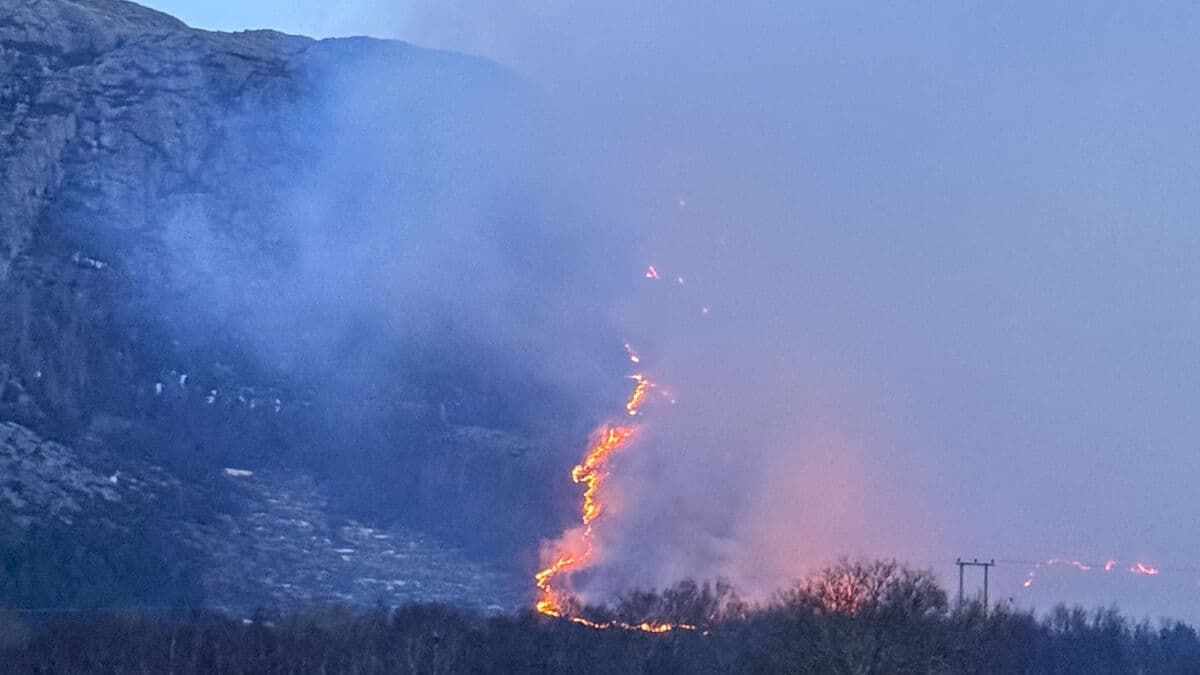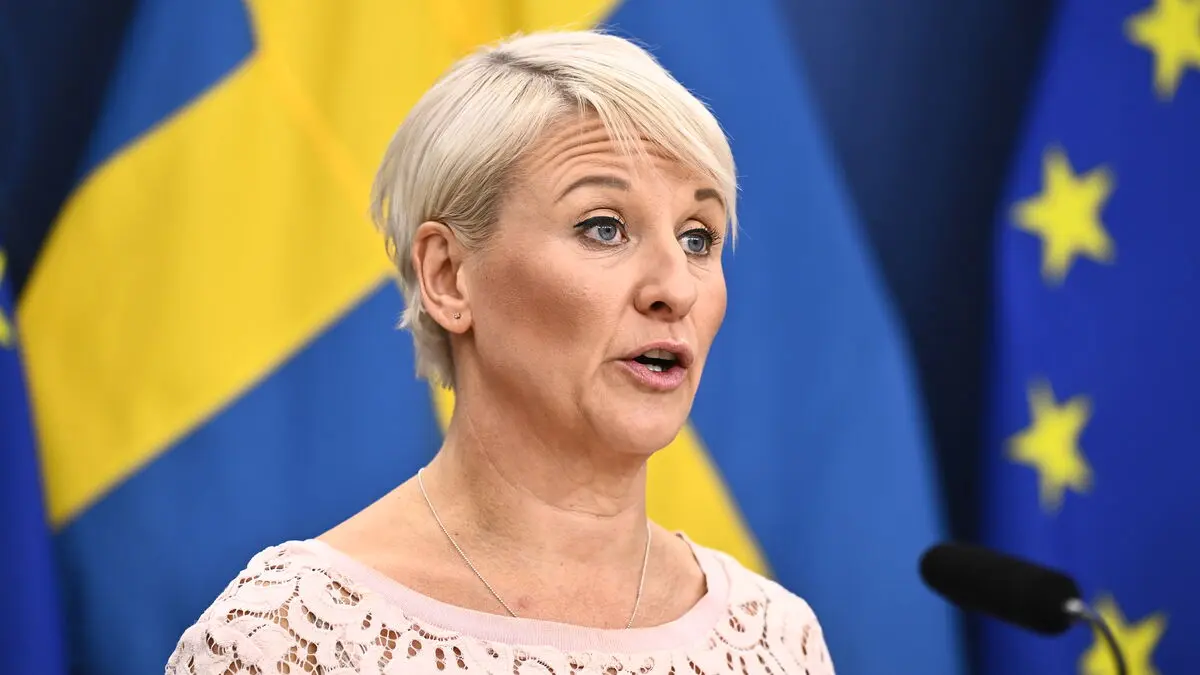The funeral took place at a cemetery in Lusail, north of the capital Doha. Before that, a funeral prayer was held at the Imam Muhammad bin Abdul Wahhab Mosque, which is the country's largest.
Thousands of mourners queued to get a place in the mosque, while others prayed on prayer mats outside, in over 40-degree heat. The killing of Haniya has sparked anger and threats of revenge, and the audience at the ceremony chanted angry slogans.
He was a symbol, a resistant leader ... people are angry, said Taher Adel, a 25-year-old student living in Doha.
Iran's First Vice President Mohammad Reza Aref and Turkey's Foreign Minister Hakan Fidan were among high-ranking politicians at the funeral.
The United Arab Emirates, which normalized its relations with Israel in 2020, rejects "violence and political assassinations in all their forms," said the country's Foreign Minister Anwar Gargash.
Hamas had issued a statement declaring Friday a "day of anger."
"Let loud anger demonstrations begin from every mosque," wrote the extremist movement in a statement.
On Thursday, Hezbollah's chief of staff Fuad Shukr, who was killed in an Israeli attack, was buried in Lebanon. During the ceremony, the leader of the Iran-backed Islamist movement Hassan Nasrallah warned Israel and said that the country had crossed a red line.
Those behind this must await our inevitable response, he said to the gathered Hezbollah supporters.
Israel, on its part, warned its opponents that they would have to "pay a very high price" for every "aggression."
Even in Yemen, the tones are high. The leader of the Iran-backed Houthi rebels promises a "military response" to "Israel's escalation."






